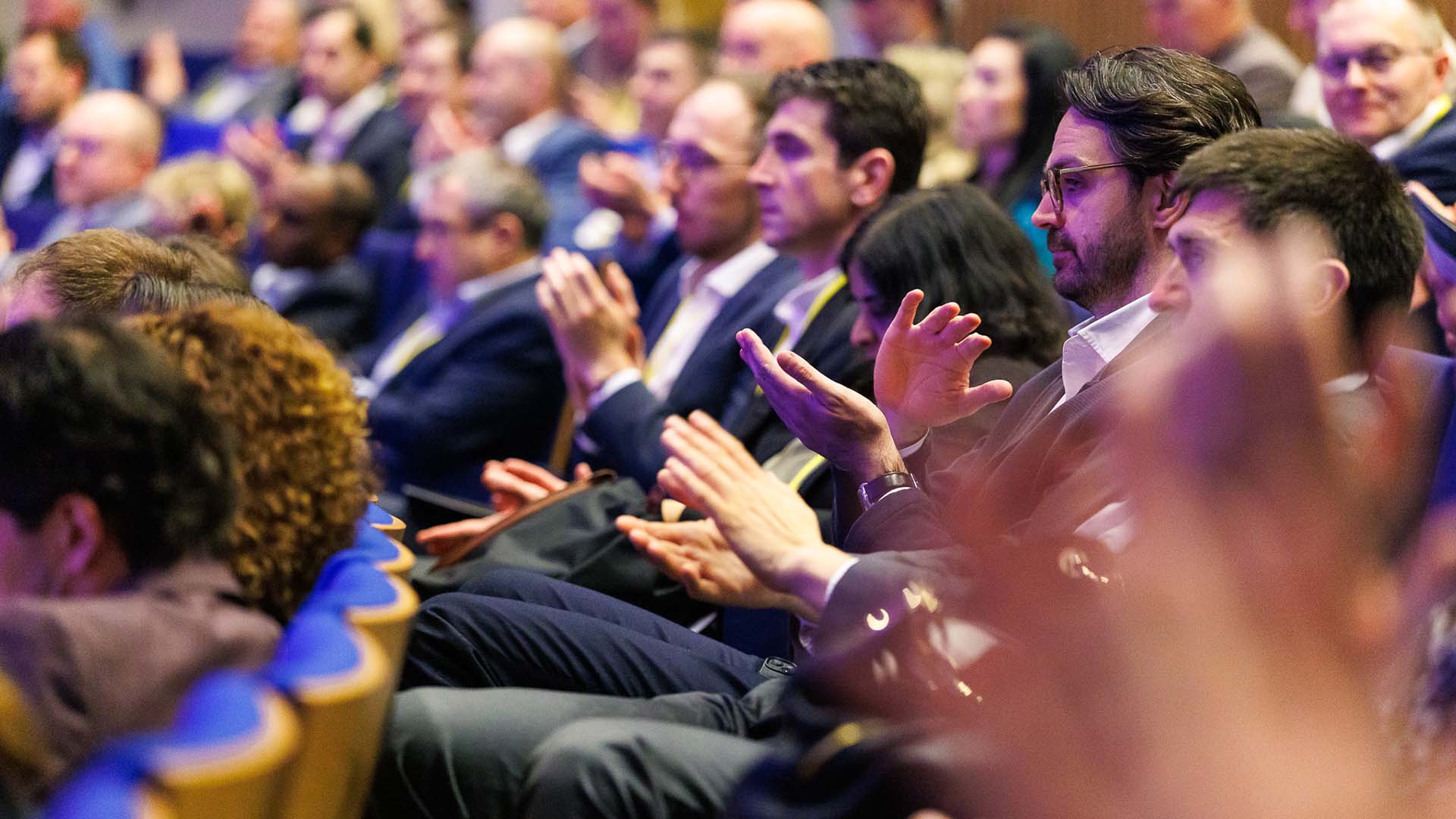
With the European Parliament (EP) elections only a few weeks away, the outcome this time around is more uncertain than it has previously been. With rising support for fringe parties – both on the right and on the left of the political spectrum – it is almost certain that there will be a weakening of parts of the political centre – in particular the centre-right European Peoples’ Party (EPP) and the centre-left Social Democrats (S&D). This in turn means it is very likely that the EPP and S&D will for the first time no longer command a majority between each other after the May election.
The dynamics in the new European Parliament will also significantly depend on several other questions:
The UK conducting European elections next month would ultimately – at least at the outset – complicate proceedings in the EP and change the dynamics as political factions are formed, Committee Chairs appointed, and hearing with candidates for European Commissioner roles conducted. The UK holding the election would also mean that a planned reduction in seats in the EP from currently 751 to 705 will no longer take place. This will equally require a reallocation of these seats once the UK has left the EU – currently scheduled for the end of October. In terms of political trends, a UK EP election would also mean a lesser degree of decline for the centre-left S&D due to the current strength of the Labour Party.
Equally UK Members of the European Parliament (MEPs) returning to the Chamber could undermine plans by far-right leaders to attract parties from the right-wing faction (ECR) that currently includes amongst others the UK Conservative Party, the Danish People’s Party, and the Polish Law and Justice Party to a new European Alliance of Peoples and Nations that would bring the aforementioned parties together with the Italian Lega Nord and the French far right in one political faction.
Looking beyond the question of the UK’s participation in the election at other dynamics that will shape the new Parliament there will be an increased fragmentation that will force stronger cooperation between the EPP, the S&D, the liberal ALDE, the Greens, and Macron’s LREM. This need for broader cooperation will largely be driven by declining political strength of the S&D group once UK Labour MEPs have left. The changing majorities for the large political groups will also mean that the Greens will become much more essential for building stable majorities. This in return is likely to lead to more volatile and unpredictable outcomes of political discussions.
This expectation of a stronger degree of influence of the Greens over politics in the European Parliament is also likely to mean that there will be a greater prevalence for their core issues being pushed through in final deals given their political savviness. These could include increased conditionality for trade agreements, a more interventionist agenda on financial services, and activism on taxation and financial crime.
Overall, the make-up of the next EP is likely to be very different to the current chamber, with more fragmentation likely to require more cooperation – and horse-trading in policymaking – between the main pro-European forces in the EP – the centre-left, the centre-right, the Liberals, the Greens – in order to secure stable majorities.

The CEE 2025 Treasury Forum, held in Cluj-Napoca, Romania, from 15 to 17 May, gathered financial leaders from across the central and eastern European region to explore the evolving role of treasurers in today’s complex economic environment.
Read
Founded by treasury practitioners, Baltrea is driven by a vision to foster excellence, encourage collaboration, and promote innovation within the treasury community.
Read
The 2025 annual EACT Summit, held in Brussels in April, served as a timely reminder that treasurers across the community possess an increasingly welcome voice in the face of adversity.
Read.png)
The survey aims to identify challenges corporate treasurers of MNCs are facing and the technological innovations they intend to implement. It also aims to recognize evolutions over time and after crises.
Read
The fourth edition of the publication, describes basic requirements and provides guidance on establishing and developing the treasury function.
Read